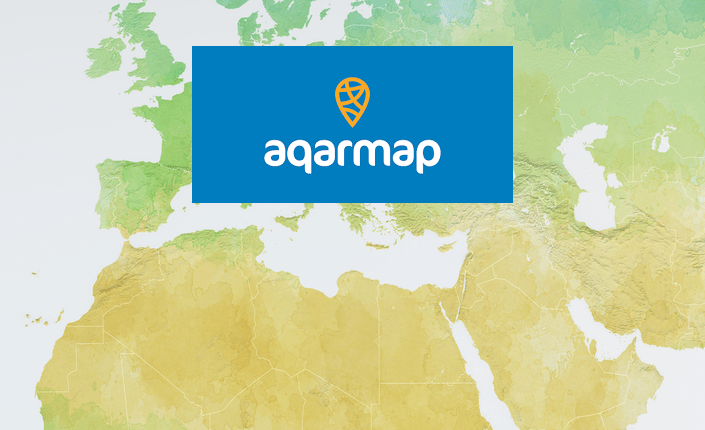
Amad Almsaodi had quit his job at Boeing in the US back in May of 2011. He then moved to Cairo where he started the online property portal, Aqarmap, which appeared in a time where other investors were too afraid to risk it on startups while Egypt was going through a government revolution. Almsaodi was no swayed, and put all of his resources into trusting that Egyptians will invest in real estate as a safe haven during the political crisis.
The move seemed counter-intuitive to his backers, but the Yemeni entrepreneur, who studied and worked in the US, was driven by a bigger goal. He wanted to return to the Arab world to build a successful business and show the Yemeni youth, hailing from the region’s poorest country and now torn by civil war, that it was possible to thrive in the region.
“I started the business specifically to create an inspiring success story, I wanted to prove to the young, educated generation in Yemen that we can create a business that can compete and that we can become producers rather than just consumers,” Almsaodi says.
Egypt, the Arab world’s most populous country, requires between 175,000 to 200,000 new residential units every year to meet a shortage of about 3.5 million houses, according to Savills, the London Stock Exchange-listed global real estate provider. Savills announced plans in December to expand to Egypt where it sees signs of expansion in the real estate market. The economy is showing signs of recovery as the government implements a reform programme backed by the International Monetary Fund to bolster growth and repair public finances.
Aqarmap, a property services and classifieds website that connects buyers with sellers, was launched in Egypt to capitalzse on the country’s talent pool, thriving tech scene and the sheer size of the property market. Though many questioned his decision to enter the market during the 2011 revolution that ousted President Hosni Mubarak, Almsaodi was convinced of Aqarmap’s potential.
“I very quickly learnt Egypt is a great market and despite the political instability then, it’s a massive market,” he says. “It was a good time because Egyptians were buying property to secure their savings.”
But the start-up saw business plummet in 2012 when it felt the effects of the situation and cut back staff to four people from a team of 18.
Read more here
Join us in Bangkok the 19th to the 21st of March for the Property Portal Watch Conference.
